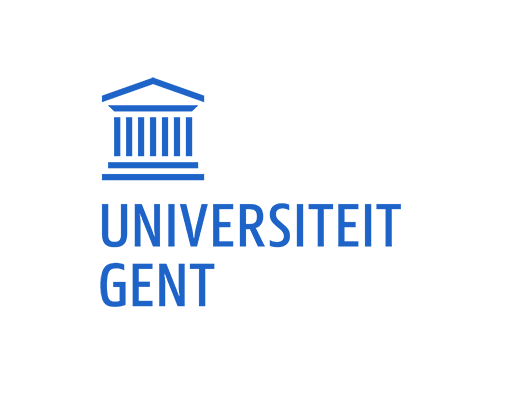ECER conference symposium 'Public Pedagogy and Sustainability Challenges'
During the European Educational Research Conference in Hamburg in September 2019, we organised a symposium that aimed to progress the understanding of public pedagogy in the face of sustainability challenges. We addressed key research challenges identified at the earlier “Public pedagogy and sustainability challenges” network meetings in Ghent and Maynooth: the need for further conceptual clarification on the relationship between public pedagogy and sustainability issues, the need for empirical research on the topic and the need for interdisciplinary and transdisciplinary dialogue and collaboration. The symposium was divided in two parts.
In the first part Joke Vandenabeele and Mathias Decuypere drew on a case study of an urban gardening project and the work of Stengers and de Certeau in search of a ‘navigational approach’ to ESE practices that is neither focused on problem-solving, nor on individual transformation but on the situated attachments people maintain to a particular milieu. Katrien Van Poeck, Leif Östman, Heila Lotz-Sisitka and Majella Dempsey explored the tension between a radical pedagogical perspective and a radical view on the urgent need for a transition towards a more sustainable world from a methodological and empirical. They discussed the potential of cross-fertilisation between different modes of investigating the relationship between education and societal change in the face of sustainability issues. Michael Håkansson, Jeppe Læssøe and Danny Wildemeersch’ contribution was grounded in the observation of increasing conflicts between ‘social’ and ‘ecological’ concerns and focuses on the learning taking place in the emerging commons movement, in particular on social learning processes enhancing new attachments to the earth. Petra Hansson, Johan Öhman and Pontus Thunblad drew on the work of Dewey and Rosenblatt to explore museums as sites of public pedagogy. They focused on the role of aesthetic experience in teaching and learning sustainability issues in museum education. Carl Anders Säfström acted as a discussant.
In part two Jan Masschelein and Maarten Simons engaged in a search for an alternative for the functionalist understanding of education as a defined practice – defined by what one knows and hence indicating what has to be learned – which is reflected, for example, in the UNESCO-document “Learning Cities and SDG’s”. They discussed concrete student work in various cities and draw on a text of Stengers to conceptualise university pedagogy as undefined study work. Lovisa Bergdahl and Elisabet Langmann took inspiration from the work of Arendt, Haraway and Todd to develop an educational language on sustainability challenges that takes the existential conditions of our living together on a damaged planet seriously. Jonas Lysgaard, Stefan Bengtsson and Carl Anders Säfström focused on what they call ‘the inherent excess of education’ to discuss how education always delivers something different than expected. Their paper rethinks education in order to forefront and grasp this inherent excess and how this relates directly to the inherent excess of sustainability issues. Katrien Van Poeck was the discussant of these papers.
